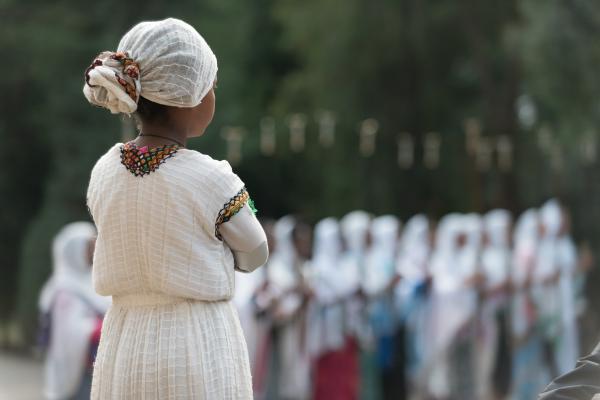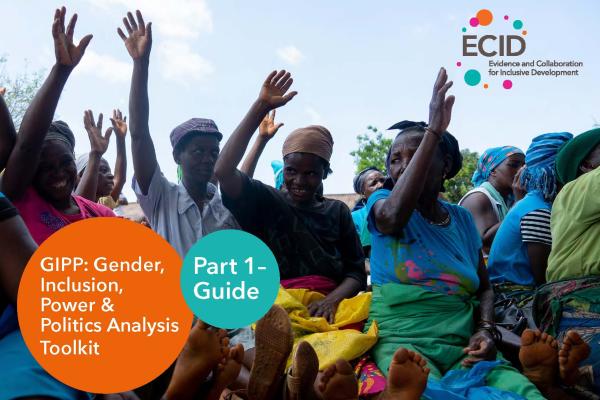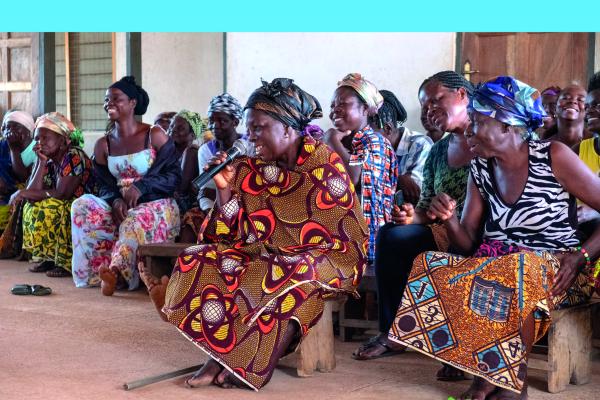Entry Points: Energy and Gender Equality, Disability and Social Inclusion
The GEDSI Entry Points series supports UK PACT staff and implementing partners to better appreciate the relationships between GEDSI and sectors we work in, and the various ‘pathways’ that can help to strengthen both the approach and results. This brief focuses on the clean energy sector, providing guidance on reducing energy poverty, creating inclusive livelihoods and leadership opportunities, expanding market activities, and reducing the risk of harm for women and people from excluded groups.



